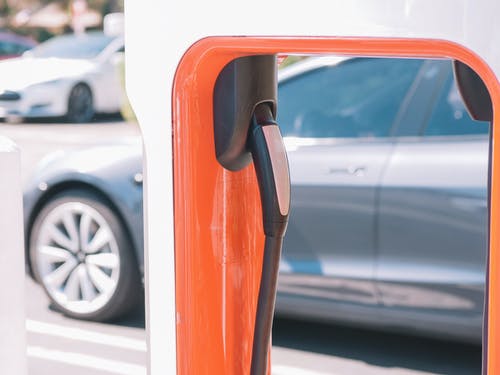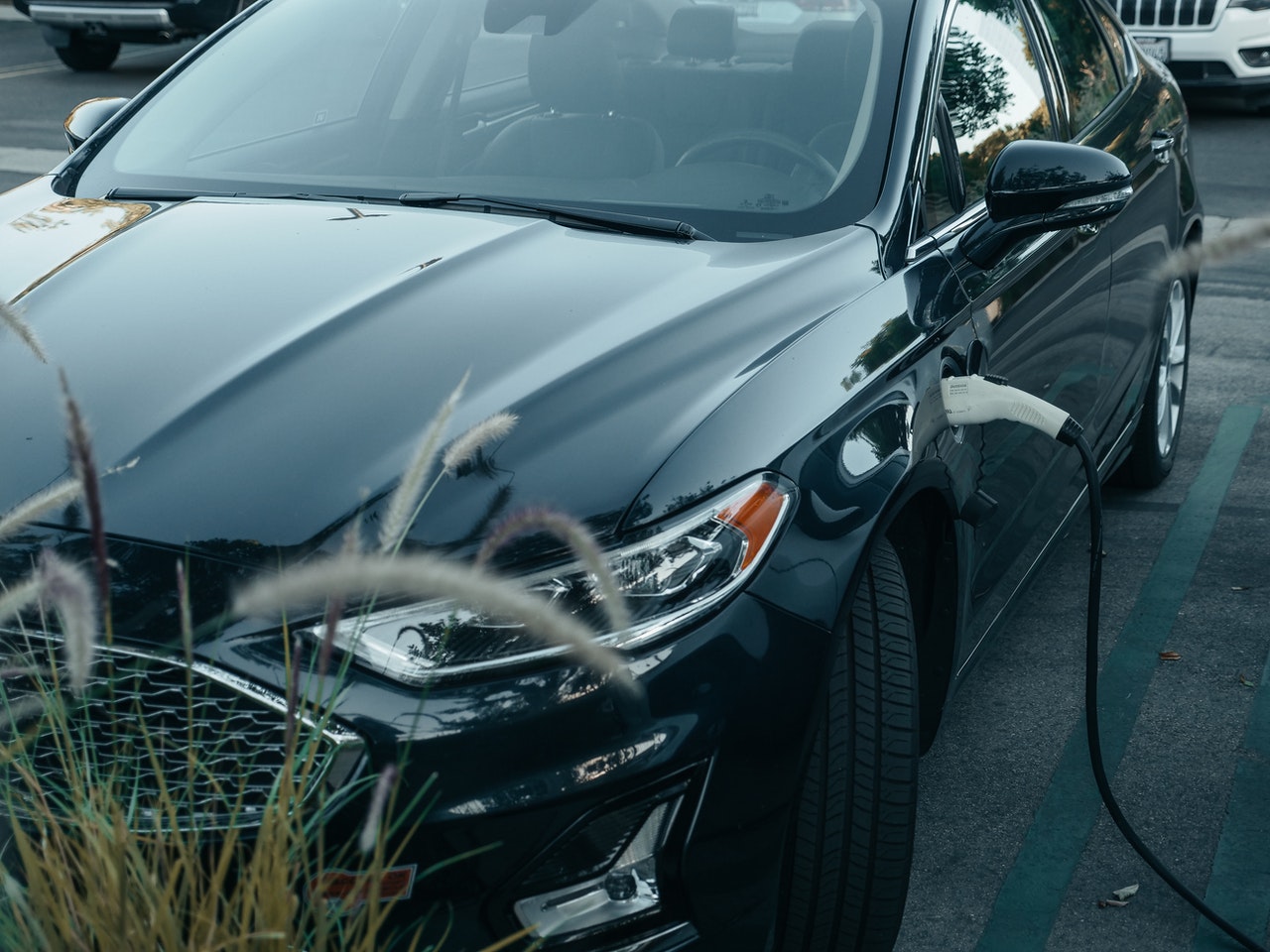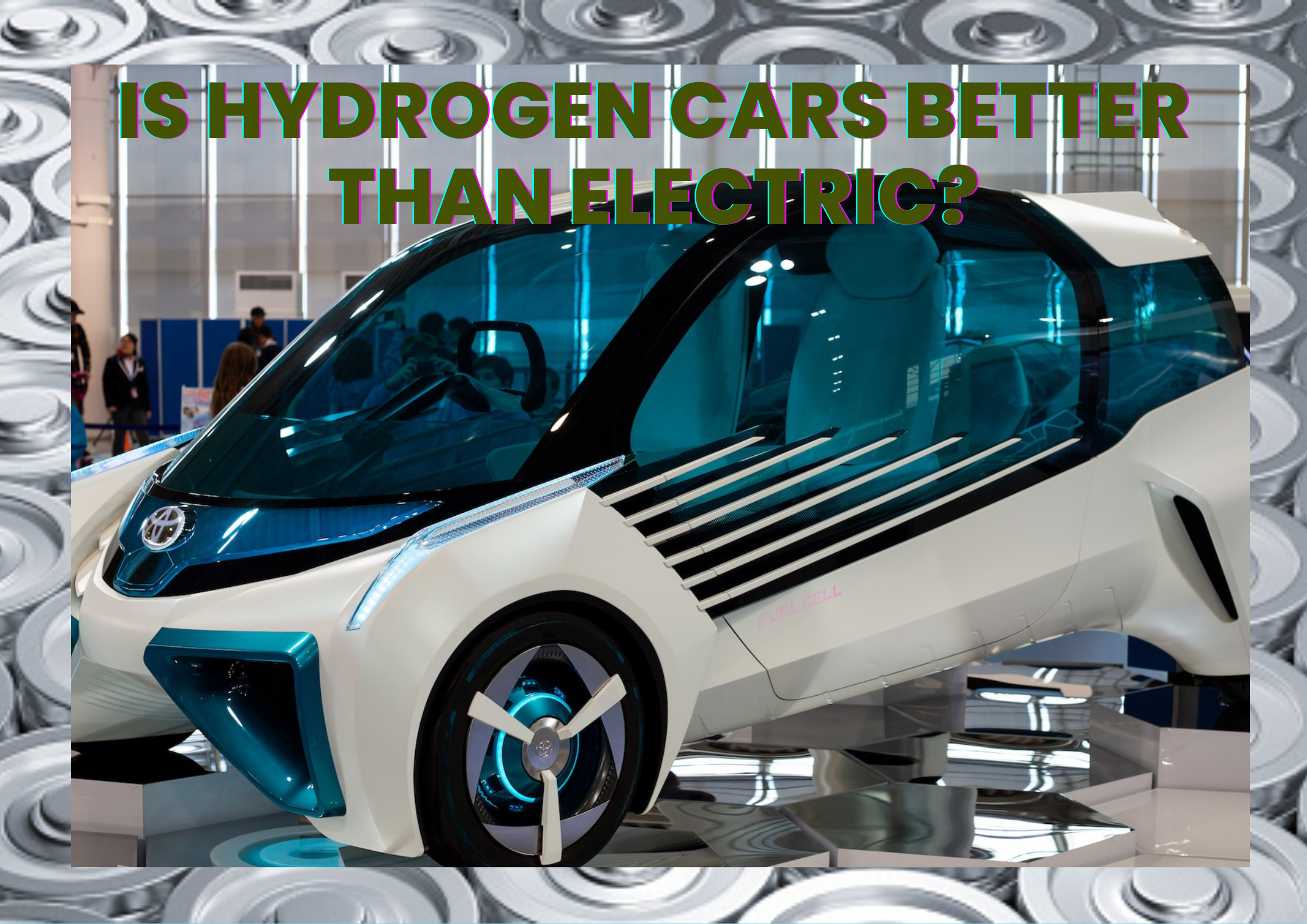Who Can open EV charging stations?
Under the scheme, the government will charge as little as Rs 2,500 to set up private charging stations at home and elsewhere in the city that can charge light electric vehicles, including two- and three-wheelers. The incentive will reduce the cost of chargers by 70%, Transportation Minister, Delhi Mr. Kailash Galot said at a press conference as he opened a one-stop-shop to allow consumers to take advantage of the opportunity to install a private charging station. The Delhi government is providing a subsidy of Rs 6,000 to the first 30,000 applicants for charging stations, reducing the actual cost of each charger to around Rs 2,500.
 The Delhi government will charge Rs 2,500 for the installation of private charging stations for light commercial electric vehicles, including two and three-wheelers, in malls, apartments, hospitals, and other similar private facilities in the city. The Delhi government will charge as little as Rs 2,500 to install private chargers for light electric vehicles, including two- and three-wheelers, in malls, apartments, hospitals, and other locations in the city. In addition, the government is proposing many schemes and policies to reduce the cost of EV charging infrastructure and subsidize the cost of installing EV charging stations.
The Delhi government will charge Rs 2,500 for the installation of private charging stations for light commercial electric vehicles, including two and three-wheelers, in malls, apartments, hospitals, and other similar private facilities in the city. The Delhi government will charge as little as Rs 2,500 to install private chargers for light electric vehicles, including two- and three-wheelers, in malls, apartments, hospitals, and other locations in the city. In addition, the government is proposing many schemes and policies to reduce the cost of EV charging infrastructure and subsidize the cost of installing EV charging stations.
The cost of installing an electric vehicle charging station at home ranges from Rs 55,000 to Rs 200,000 depending on the level of charger you want to install and the electricity costs. The approximate total cost of installing an electric vehicle charging station is around 1-30 lakhs depending on the services it is supposed to provide. Cost of Installing an Electric Vehicle Charging Station in India Depending on the type of charger used and the amount of money, the cost of installing an Electric Vehicle Charging Station in India. If you charge at home, the cost will depend on the electricity tariff in your state, which ranges from Rs 8-10 per unit.
In addition to charging costs, there are other costs such as service charges with GST, security deposits, and then there will be electricity bills according to government tariffs. The cost of electricity, civil works, labor, maintenance, and charging equipment must be factored into the total capital investment, which according to Volttic EV Charging Solutions is Rs 16.5 lakh for the charging station. charger, the cost is higher, the maximum comes to 40 lakh rupees. The cost of a charging station mainly depends on the charging standard used, the power you want from the charger (or in other words, the speed you need the battery to charge). In Mumbai, charging stations cost Rs 15 per unit, so you end up spending Rs 300-675. further over and over again.
This is because batteries require DC current to charge, and these chargers supply power directly to the battery. The AC001 charger, on the other hand, first converts AC power to DC power and then charges the battery. These two loaders are mainly used for loading two- and three-wheeled vehicles. These chargers require an input voltage of 400V or higher, taking EV charging to the next level.

For fast charging scenarios, the charger supports a high current of up to 200A. Exicom Harmony DC-001 EV charger is suitable for charging vehicles with battery voltage below 100V. Finally, DC001 chargers are high-power chargers that can also charge quickly. any vehicle. DC fast chargers for electric vehicles can typically charge up to 80% of an electric vehicle’s battery in as little as 20-30 minutes.
Switching to a Level 2 charger allows you to charge your car much faster than a standard charger. Customers with Tier 2 smart chargers can also sign up for a car charging rate based on usage time to see big savings on their energy bills. In this case, Tier 1 charging with relatively simple and low installation costs is included, as well as Tier 2 charging and Tier 3 charging with higher installation and operating costs for charging stations.
As a result, most EV owners will use Level 1 charging as a last resort or as a way to charge overnight. As with mobile devices, most EV drivers will primarily charge their EVs at home at night, during off-peak hours when electricity prices and demand are lowest. Another reason to install such stations in public places is that not all citizens have enough ports and space to load all their cars overnight.
They can be very useful, however, as charging network memberships give you easy access to public sites. It is currently seen that most drivers charge at home for short trips at night, but as the electricity ecosystem expands, a sufficient network of public charging stations may be required to allow people to plan longer trips with their loved ones. electric car. Other benefits may be that you can play an important role in helping your community go electrified by reducing range anxiety by installing charging stations around (major areas/metropolitan areas) as range anxiety is one of the major drawbacks of the global automotive industry.
Charging station by Private Sectors
Also, like the gas station network, the public network of electric charging stations is being built by various companies such as Tata, EESL (Energy Efficiency Services Ltd), BOLT, Indian Oil Corp, EVRE, Kazam, and others across the country. To do this, it will be necessary to create a network of chargers scattered throughout the country. First, the Government of India has made it clear that anyone is free (without a license) to install an electric charging station throughout the country, as long as the station meets DOE standards.
Public electric vehicle charging stations in workplaces, car parks, malls, and municipalities are more expensive than household chargers, with costs varying widely depending on the number of stations installed, type of installation, and specific site requirements. According to the US Department of Energy, more than 80% of electric vehicle charging takes place at home, where electric vehicle owners have installed their own chargers. It is an all-weather and waterproof electric vehicle charger that provides real-time data analysis and is extremely convenient to install. A dedicated Tier 2 EV charging station is best for the EV owner given the increased charging speeds, improved safety features, and the ability to connect to the vehicle and even your smart home or solar PV system.
These maintenance chargers can be plugged into a 10A or 15A household outlet and will charge the vehicle very slowly throughout the night (8-12 hours). There are many types of electric vehicle chargers; the simplest is the level 1 charger, which charges slowly. Simply put, a charging installation can be an income-generating asset, just like Future Electric.



